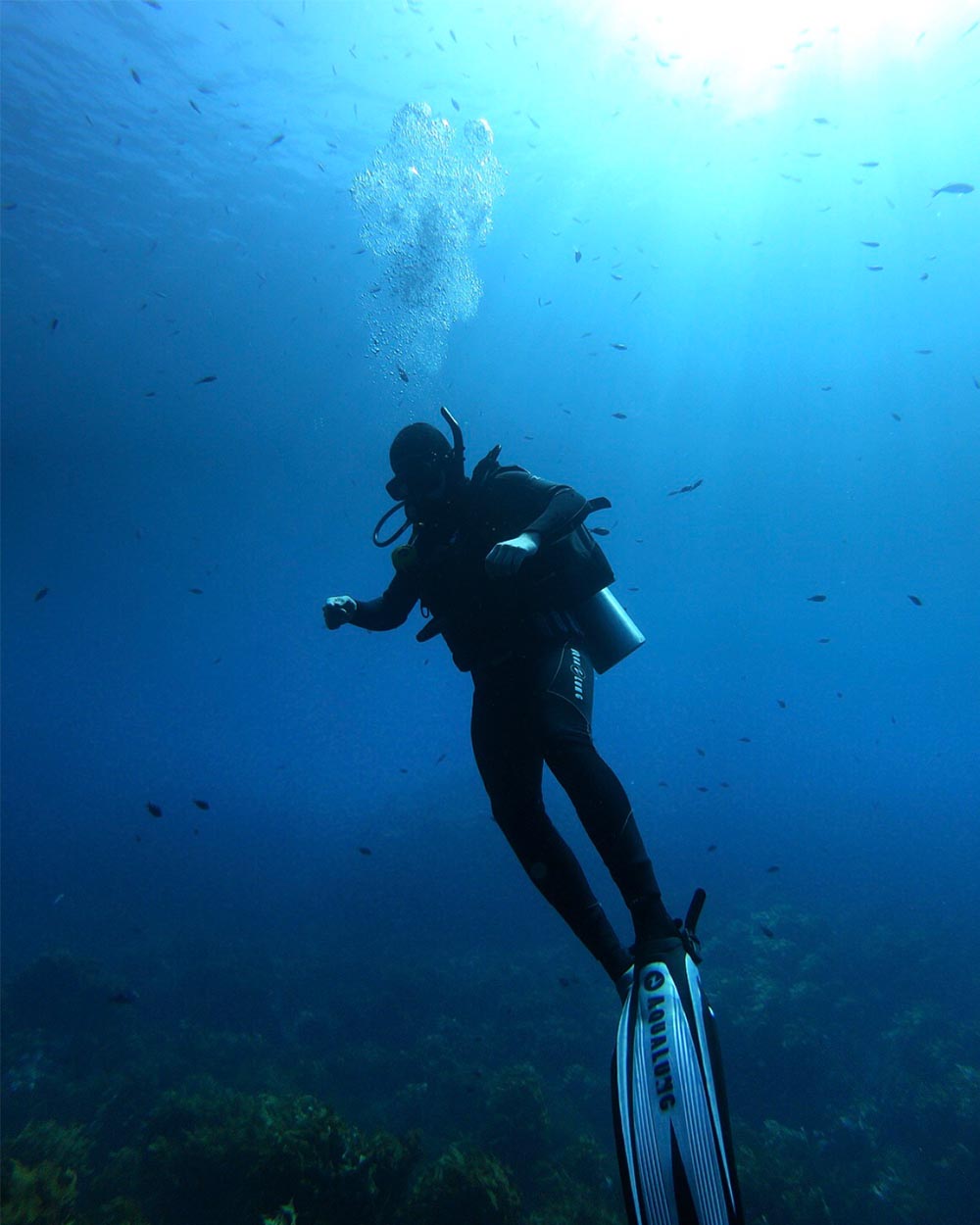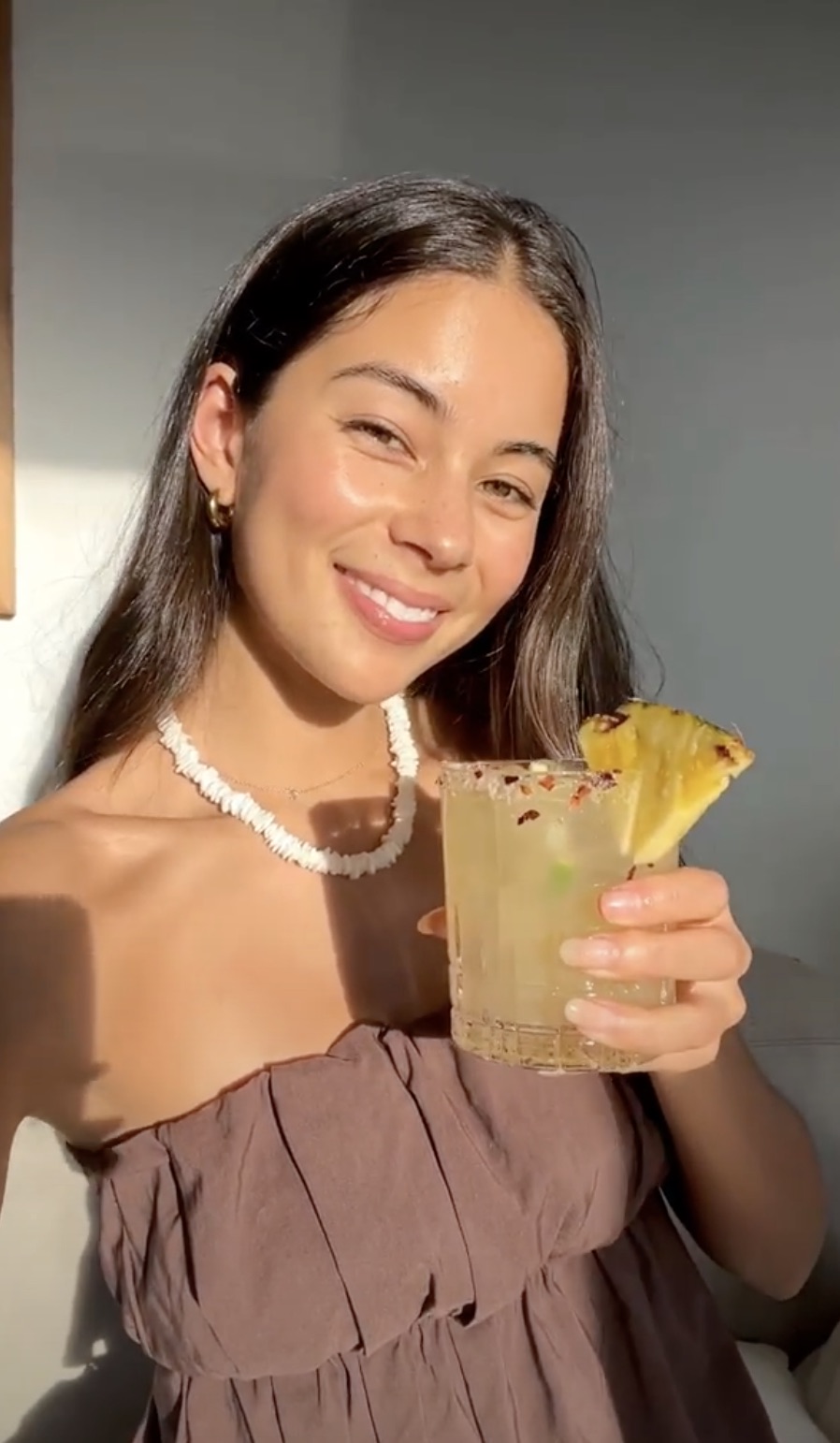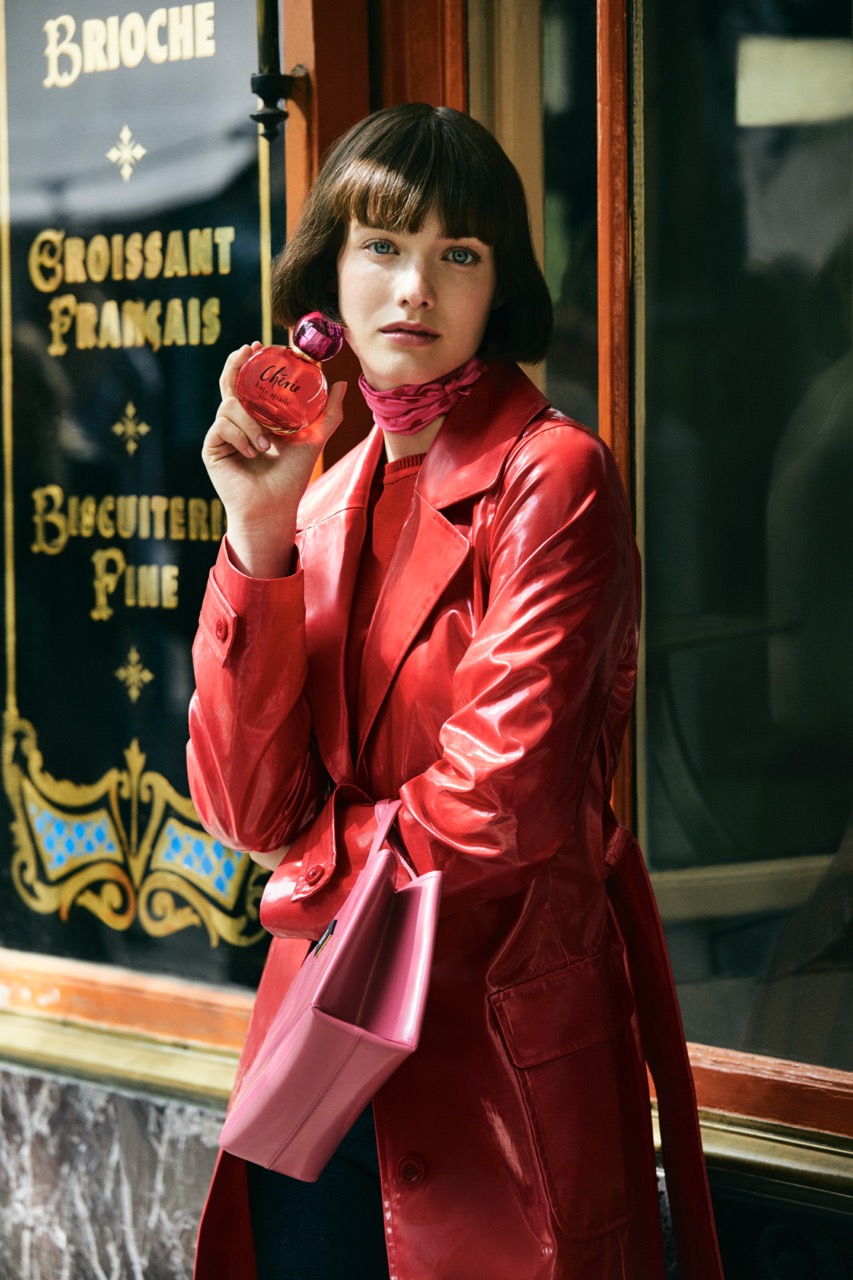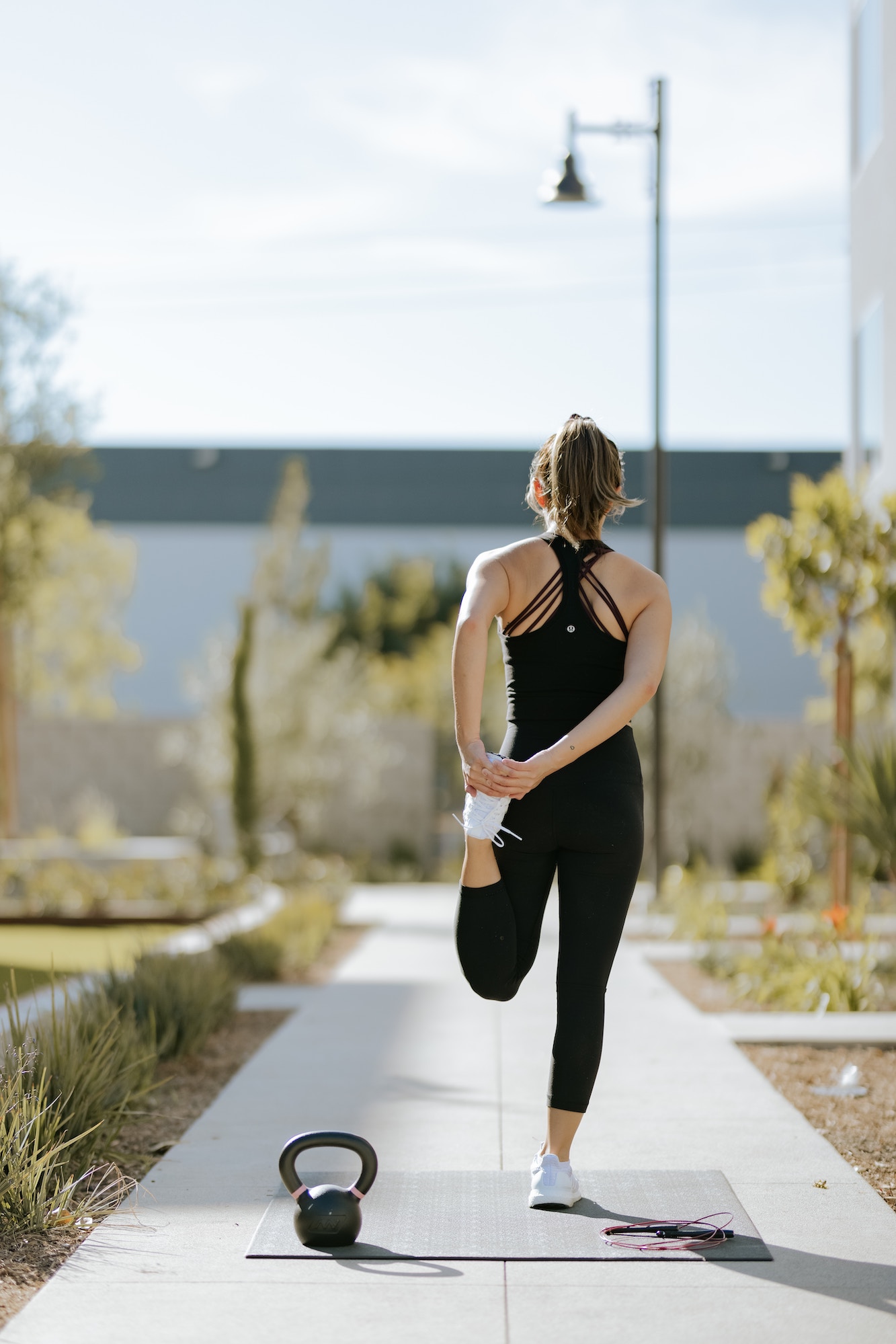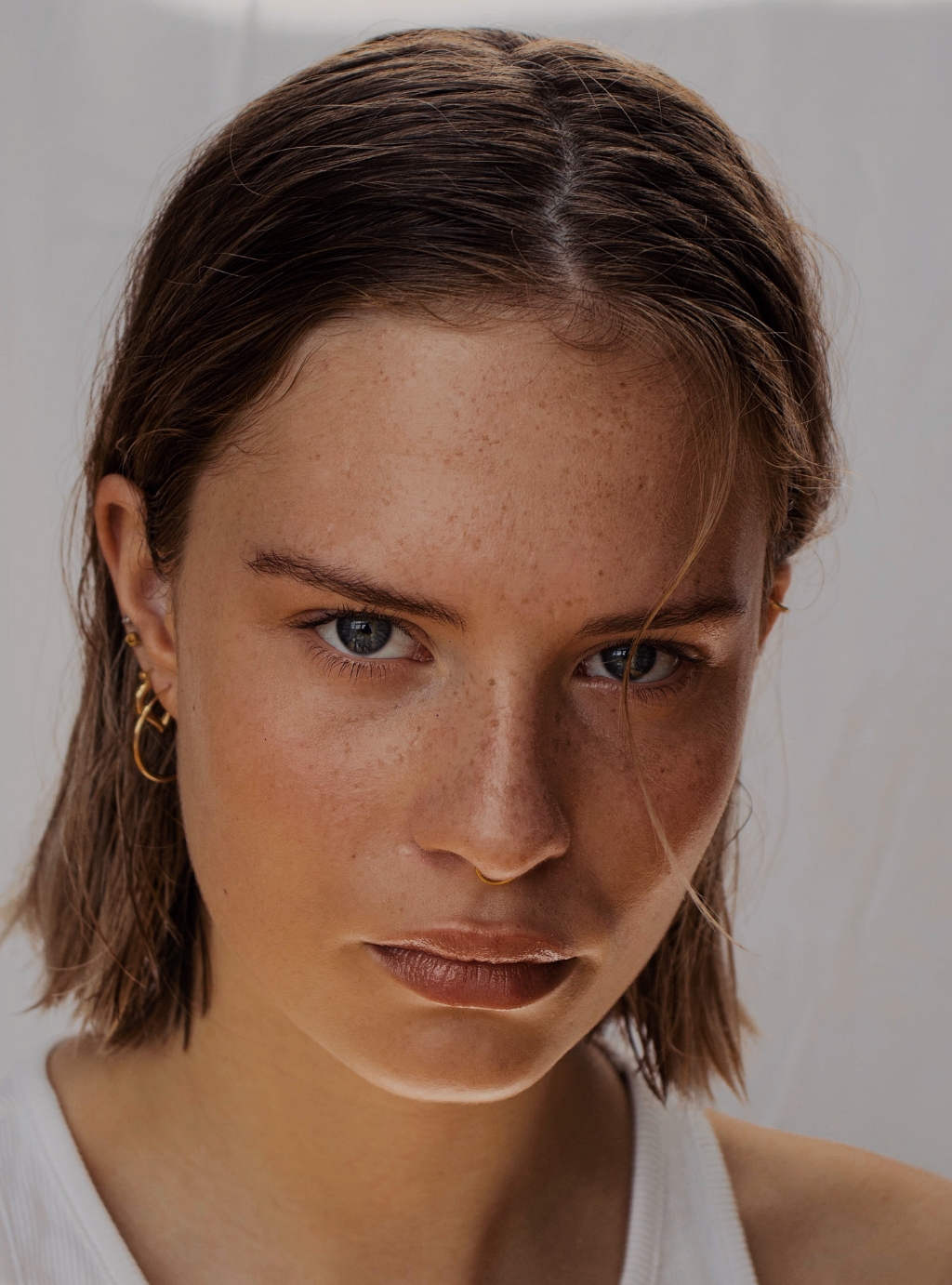Until recently, our wee nation used to export more than 19 million tonnes of plastic waste per year to China for processing until they simply couldn’t accept any more. Needless to say, we cannot continue at the rate we’re going.
However a New Zealand based initiative has moved its focus from clean and green to Project Blue; a voluntary organisation founded by 21-year-old Auckland-based Savannah Walker and her swelling army of passionate everyday environmentalists like you and me.
A telling experience into where our waste winds up during a trip abroad motivated Savannah to produce a film, documenting the damage plastics do to our oceans.
On her return, an Instagram post was uploaded on 3 April 2018, calling on the interest of others who were keen to bring her vision to life. A cool 150 messages later – from photographers, website developers, graphic designers, researchers, influencers and the like – and the Project Blue collective was born.
“There can be a lot of negativity associated with social media but this was just a shining example of the good that it can do; connecting people together for a good purpose,” says Savannah.
The film, which will showcase the work Project Blue is doing to encourage companies to eliminate single-use plastics, is merely the first goal post for the ambitious group.
We chat with Savannah to unpack what Project Blue is all about:
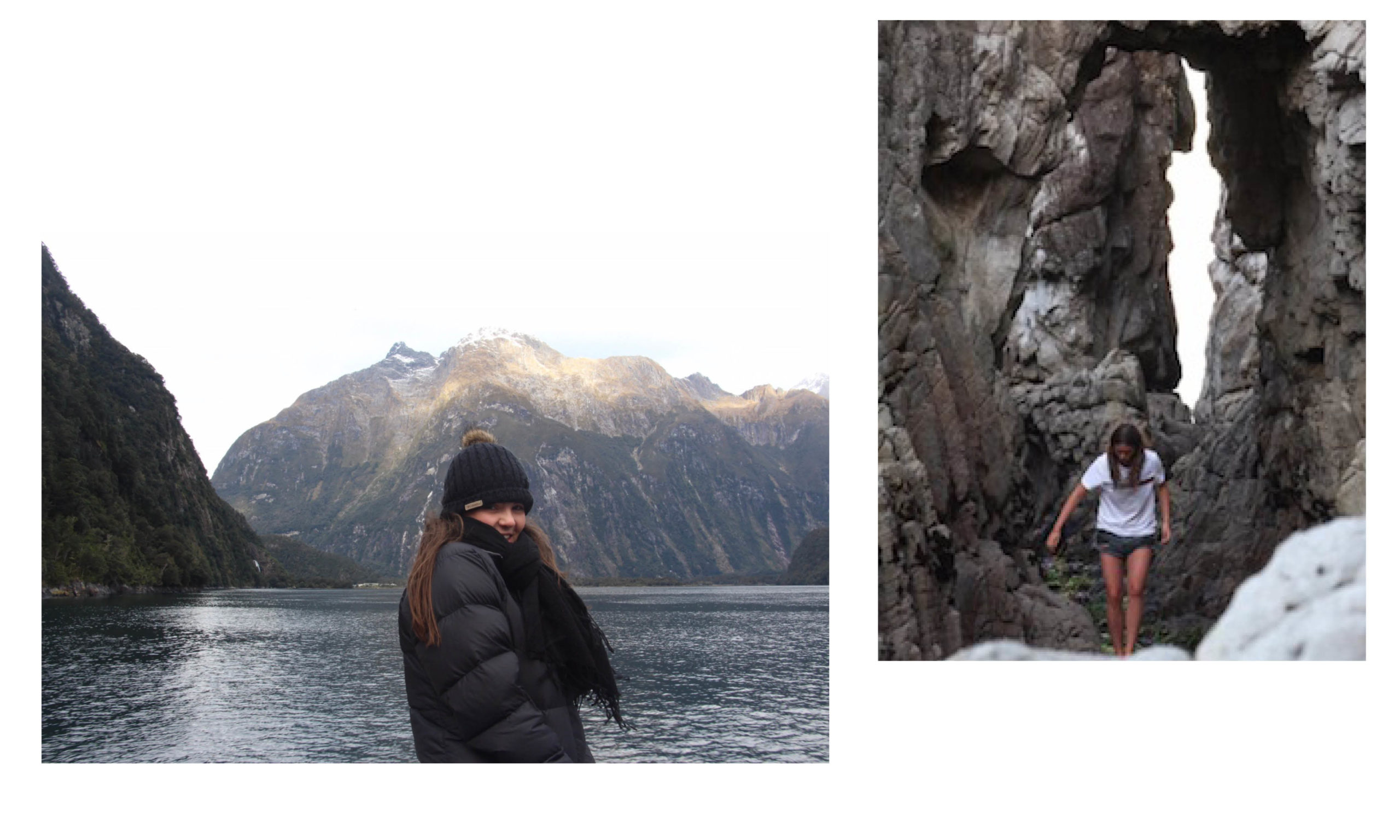
What makes Project Blue important? What is the goal?
“Project Blue wants to get New Zealanders using zero single-use plastics – the way we plan to do this is by increasing conversation around it. We need something that every New Zealander can work towards and be proud of, we need a voice so that large corporations will listen to us and understand that we are no longer interested in the production of single-use plastics, and that’s where our film comes in,” explains Savannah.
“We are big believers in the fact that if there is no demand for the product the supply will diminish. There are so many alternatives out there to plastics which we need to utilise to move our country away from our plastic wastage.”
What was your catalyst for change?
“My best friend and I went to Cambodia to do some volunteering. We were in a dairy in a remote part of Cambodia where we purchased some [packaged] food. I went to the owner of the dairy and asked where I could put the plastic that the food came in. The owner scrunched the wrapper up into a ball, walked outside and threw it over to the paddock next door,” Savannah recalls.
“Without a word of a lie, this paddock was filled with plastic, so much so that you couldn’t see any grass. Once I came back home, I started to do some research in regards to where our plastic waste was going… [Having discovered] we were shipping our waste overseas for other countries to deal with, I knew that I had to create change because this way was unsustainable.”
How are you sourcing information for your documentary?
“We will start with the food industry: working with restaurants to eliminate plastic straws, plastic containers for takeaways, plastic bags and so on,” says Savannah.
“All our main activities so far have revolved around the beginning stages of prevention. Plus, we organise overseas trips that people can get involved with where they can single-handedly witness the damage.”
A post shared by Project Blue (@projectbluenz) on
How have New Zealand businesses and consumers responded when you approach them?
“The biggest thing I have noticed when contacting companies is that they are scared of the attention this film will bring them. They are worried that the public will dislike them or show hate towards their plastic product due to their years of negligence not considering the impact their product was going to have on our future, ” Savannah reveals.
“What we all need to remember with this is that now is not a time to hide away from the problem. We all understand that plastic is an issue, so rather than continually making the same mistakes, let’s take responsibility for it, work together and be proactive about the solution.
“If anything this film is going to help companies and show the good that they are doing, rather than focusing on the damage they have caused.”
“We all understand that plastic is an issue, so rather than continually making the same mistakes, let’s take responsibility for it, work together and be proactive about the solution.”
How can everyday Kiwis help Project Blue reach its goal?
- The first step is being part of the conversation. Don’t just follow @projectbluenz, but every group doing something positive for our world. “The more comments, likes and shares an organisation gets the more likely their message is going to get out there and more opportunities to make change happen.”
- Reduce your own plastic use. Refuse the single-use coffee cups, ask for no straw, no plastic bag or choosing to eat in rather than taking away, or if you are busy, take your own container, are all encouraging actions.
- Be proactive and connect people with information. If you, a member in your family, your friend group, or your community owns a business within the food industry, let them know about the damage plastic is doing to our oceans and put them in touch with Project Blue.
- Take part in Project Blue activities. Film screenings, beach cleanups and overseas trips are available via Project Blue. Anyone can join the Project in some way, shape or form. From joining in on one of their trips to sharing the Project’s messages and joining the conversation. “The more support we have, the bigger our voice becomes, and the more of an impact we can make,” stresses Savannah. “Even introducing us to new restaurants to work with, it’s all a way of being involved in Project Blue and using your voice to make a positive difference.”
Want to get involved with Project Blue?
If you’d like to get involved in Project Blue, send an email to contact@projectblue.co.nz to discuss how you can help Savannah and the team out.

